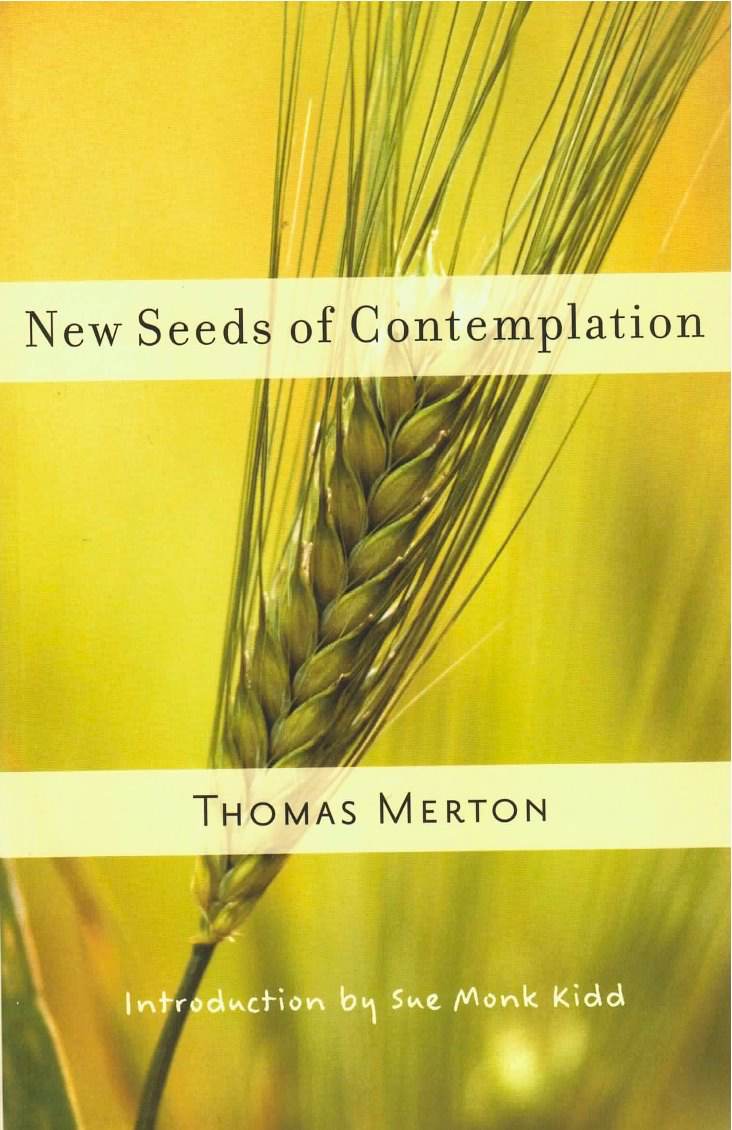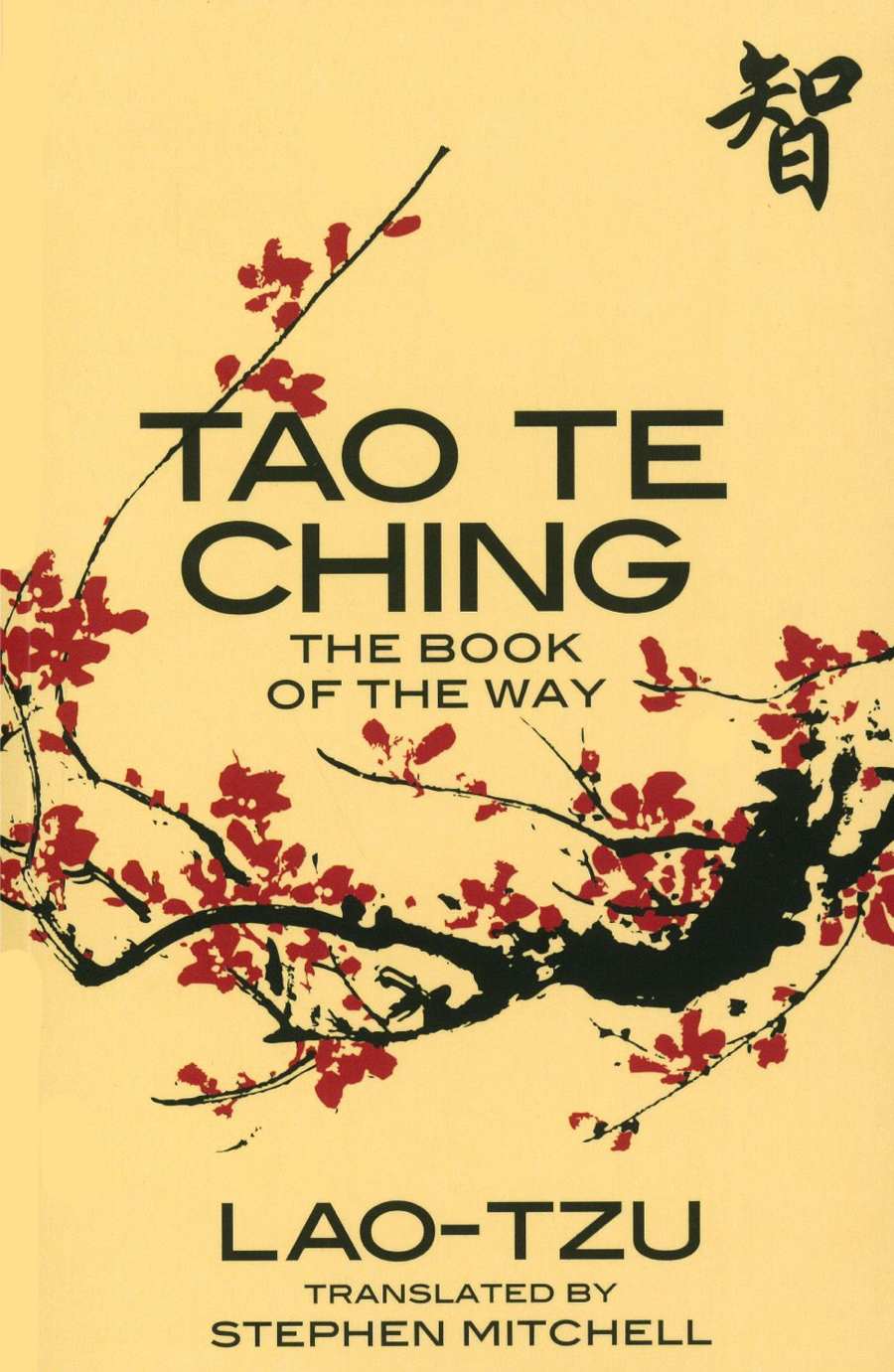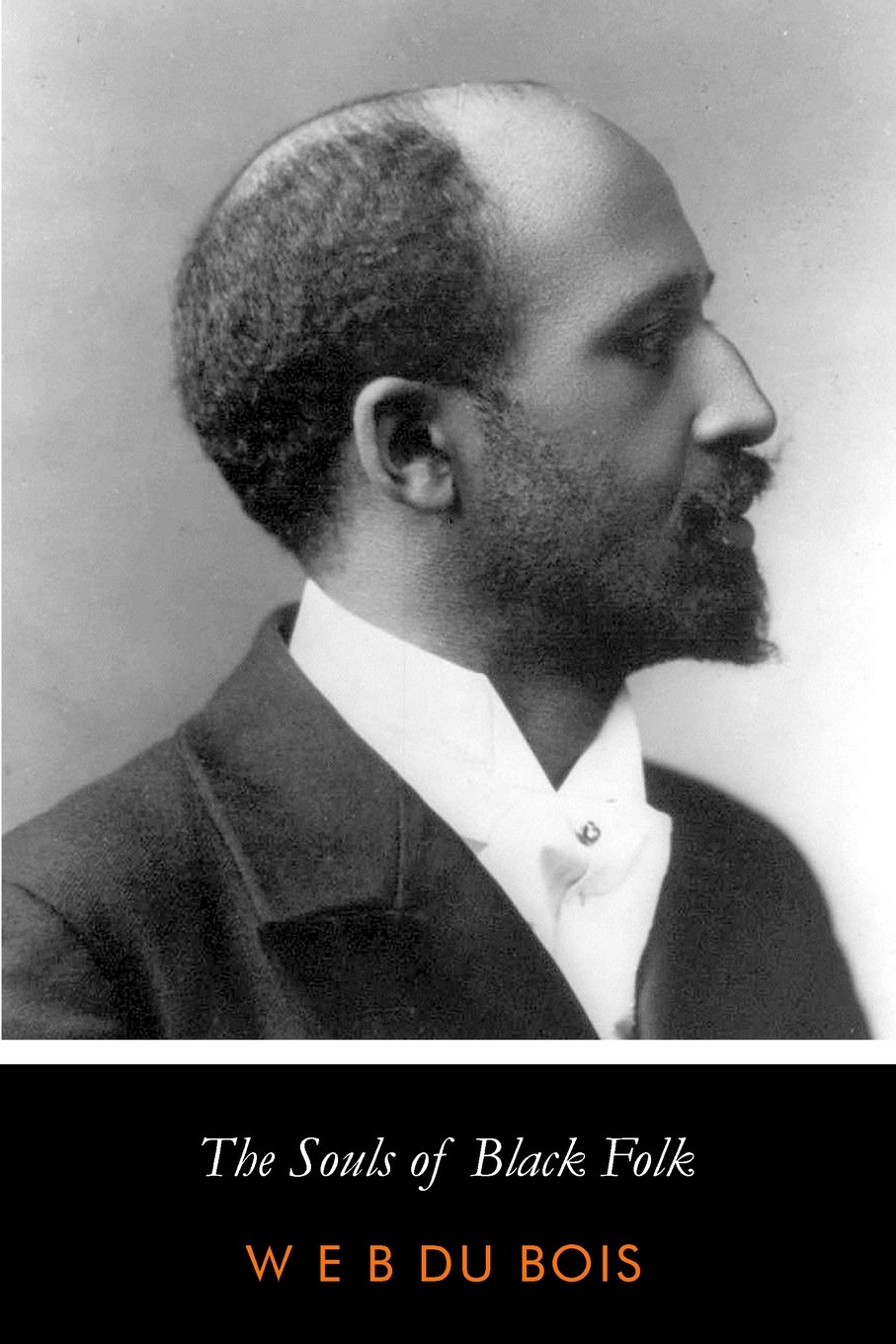I owe a great debt to Thomas Merton. His book, The Seven Story Mountain set me on a path towards the reconstruction of my faith. There are few authors who have challenged my understanding of the world and myself more than he has.
This book, New Seeds of Contemplation, is his attempt to explain the unexplainable. In it he explores the nature of God and how we become one with him through contemplation. What is contemplation? How is it different than prayer? Prayer tends to be very explicit and focused on the self. “I need help with…” “Give me…” “Give X to…” Contemplation is the emptying of one’s self and a bending of the will towards God, to share in and become one with his love.
I understand that sounds a bit strange. This topic can feel like the strange esoteric exercises of hermits and monks. In spite of this, I find myself compelled to continue to explore it. When I read the thoughts and experiences of Merton (among others) I begin to see experiences in my past with a new understanding.
For example, I often talk and write about how I nearly left the Christian faith. For a long time I considered that a bad thing, a result of weakness. I also viewed my coming to a new understanding of faith the correcting of a wrong. However, Merton describes a similar experience with a dramatically different evaluation of its quality:
Let no one hope to find in contemplation an escape from conflict, from anguish or from doubt. On the contrary, the deep, inexpressible certitude of the contemplative experience awakens a tragic anguish and opens many questions in the depths of the heart like wounds that cannot stop bleeding. For every gain in deep certitude there is a corresponding growth of superficial “doubt.” This doubt is by no means opposed to genuine faith, but it mercilessly examines and questions the spurious “faith” of everyday life, the human faith which is nothing but the passive acceptance of conventional opinion. This false “faith” which is what we often live by and which we even come to confuse with our “religion” is subjected to inexorable questioning. This torment is a kind of trial by fire in which we are compelled, by the very light of invisible truth which has reached us in the dark ray of contemplation, to examine, to doubt and finally to reject all the prejudices and conventions that we have hitherto accepted as if they were dogmas.
Merton, Thomas. New Seeds of Contemplation (pp. 13-14). New Directions. Kindle Edition.
Part of why I considered my struggle so bad, was that I viewed my doubt as a failure of faith. Merton, again, has a different perspective:
You cannot be a man of faith unless you know how to doubt. You cannot believe in God unless you are capable of questioning the authority of prejudice, even though that prejudice may seem to be religious. Faith is not blind conformity to a prejudice—a “pre-judgment.” It is a decision, a judgment that is fully and deliberately taken in the light of a truth that cannot be proven. It is not merely the acceptance of a decision that has been made by somebody else.
A “FAITH” that merely confirms us in opinionatedness and self-complacency may well be an expression of theological doubt. True faith is never merely a source of spiritual comfort. It may indeed bring peace, but before it does so it must involve us in struggle. A “faith” that avoids this struggle is really a temptation against true faith.
Merton, Thomas. New Seeds of Contemplation (pp. 107-108). New Directions. Kindle Edition.
It might be easy to dismiss all this by saying I was in crisis and was seeking anything to make things seem a little easier and to feel less guilty. I’ve wondered this myself. However, I am now years into this process and I can say now that my perspective has truly changed and I have Merton to thank. I see that period in my past not as one of failure, but one of darkness. It did not come as a result of failure, but from a loving God whose wisdom allows for growth to be born out of struggle. My understanding of who I was and what I thought my faith should be were hindrances to loving God more completely. When it was taken all away, for a time, I was left with nothing, which allowed me to start to see things as they could be.
That is why Merton’s work on contemplation is so compelling. You cannot talk about contemplation without embracing the reality of darkness and unknowing. My previous understanding of faith had no room for that. Even so, I cannot tell you where I have had a true contemplative experience. But when I read accounts of those who have devoted their life to the practice, I hear and feel echos of my own experience. Not trivial flashes of emotion here and there, but some of the most acute and painful moments of my life. I still don’t fully understand it all, but I know as I continue down this path, I am encouraged and I hope good will come of it.




